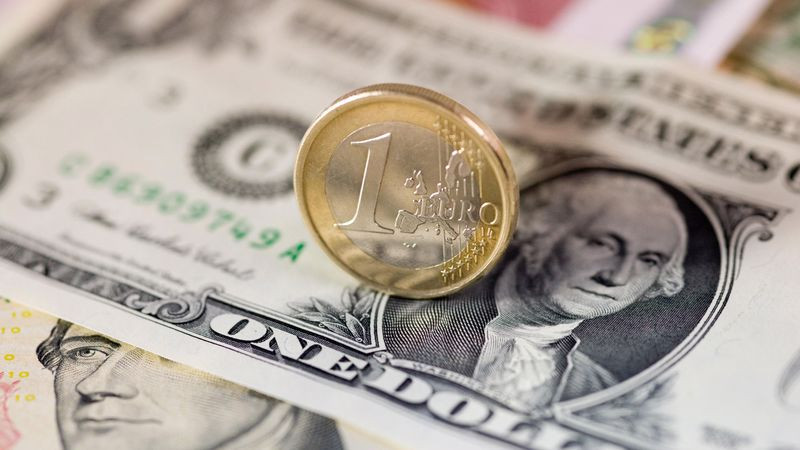
The euro continues to delight its fans. Over the past four trading sessions, it has risen by almost 2% against the dollar. The single currency strengthened against its American counterpart by 0.9% only on Tuesday.
The EURUSD pair broke the 0.9900 mark on Tuesday, near which the 50-day moving average passes.
On Wednesday, it consolidated its gains, rising above the important level of 1.0000. This is a significant support area from mid-July to the end of September. Also here are the highs of early October.
The growth of EUR/USD is primarily due to the weakening of the greenback's position.
The dollar retreated by about 4% from the three-week peaks recorded last Friday in the area of 113.95.
The greenback owed its achievements last week to political turmoil in the UK, the increase in the yield of treasuries to multi-year highs, the uncertain dynamics of key Wall Street indicators ahead of the quarterly reporting season in America.
Strong statistics on the United States also made it possible to stay confident in relation to the main competitors of the USD.
In particular, the volume of industrial production in the country increased by 0.4% in September after falling by 0.1% in August.
Meanwhile, the number of initial applications for unemployment benefits decreased to 214,000 against the previous figure of 226,000.
These data showed that so far things are going well in the American economy, which in turn somewhat eased concerns about the upcoming recession in the United States.
Dollar bulls were already looking forward to a repeat visit to this year's peak levels around 114.80, betting on maintaining the aggressive pace of Federal Reserve rate hikes.
However, their plans were crossed out by a Wall Street Journal article published on Friday. The publication reported that representatives of the Fed began to voice their desire to slow down the pace of rate hikes in the near future.
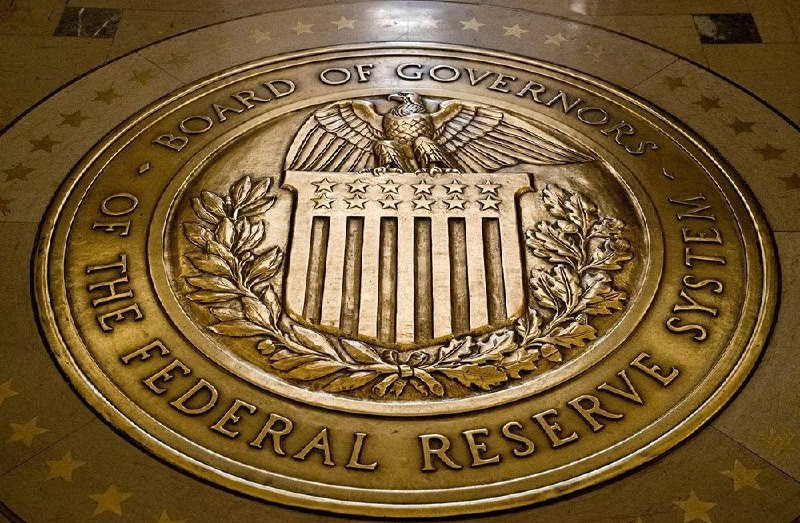
Fueling the fire was San Francisco Fed President Mary Daly, who said it was time to start talking about and planning for a slowdown in policy tightening.
The WSJ article and Daly's comments caused a reassessment of expectations regarding the next steps of the Fed.
Thus, the probability of raising the key rate by the Fed by 75 bps in December fell to 50% on Friday compared to 75% on Thursday.
As a result, 10-year Treasury yields fell 2.5% from a 14-year peak above 4.3%.
Wall Street's key indicators posted their biggest gains since June, gaining an average of 2%.
Against this background, the greenback lost its former confidence and sank by almost 1% against its main competitors, including the euro.
The EUR/USD pair closed Friday trading by 0.8%. It jumped nearly 150 points on the day to finish near 0.9860.
This week, the dollar continued to bear losses amid increased risk appetite in global markets. This became a tailwind for the main currency pair and allowed it to gain momentum.
On Tuesday, US stock indices rose for the third consecutive session.
Market participants welcomed the news that the new British Prime Minister, Rishi Sunak, promised to lead the country out of the economic crisis.
The positive factor for the shares was also a further decline in the yield of US Treasury bonds. The figure for 10-year Treasuries fell more than 3% on the day.
"We see that for the first time in a long time, the yield of government securities is falling, so the shares went up," B. Riley Financial specialists noted.
Positivity added weak statistics on the US, which investors took as another signal of a possible easing of monetary policy in the country.
The Conference Board consumer confidence index fell to 102.5 in October from 107.8 in September, falling short of expectations of 105.9.
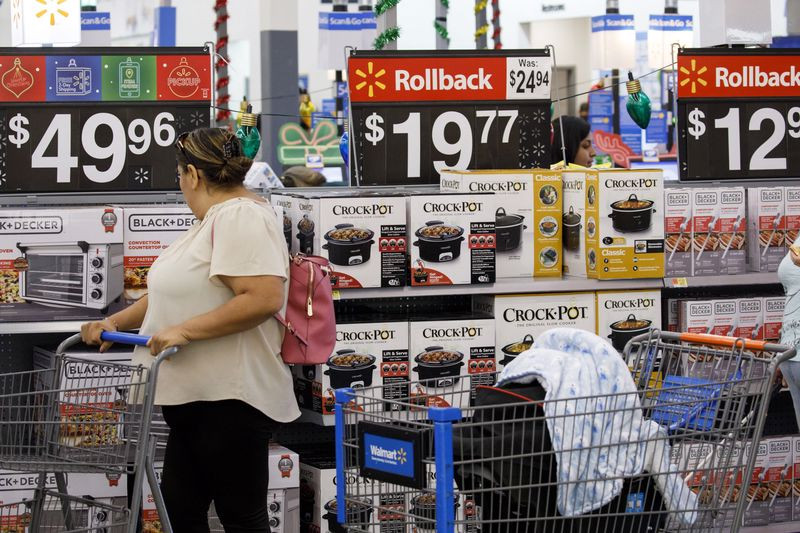
As a result, the defensive dollar came under strong selling pressure, losing more than 1% on the day. Key indicators of Wall Street increased by 1.1-2.3%. The EUR/USD pair added almost 100 points on Tuesday's session and ended trading in the 0.9965 area.
On Wednesday, it remained bullish and rose above parity for the first time since September 20, as risk sentiment persisted.
The major US stock indexes were predominantly growing on Wednesday. However, growth is constrained by the fact that the yield on three-month US government bonds exceeded the yield on ten-year bonds for the first time in 45 years. This indicates the market's concern about the risks of a slowdown in the national economy.
Between October 12, when the S&P 500 closed at its lowest since November 2020, and October 25, the index has already risen by 8%, and investors are hoping that the "bottom" has already been passed.
Strategists at Goldman Sachs believe that the conditions for reaching the "bottom" of the US stock market have not yet been reached. They allow the S&P 500 to drop another 25% to 2888 points.
According to experts, this may pass with the onset of a deep recession in America due to monetary tightening in 2023.
They draw attention to the fact that asset prices have not yet included a possible increase in rates in 2023, and the stock market regards a hard hawkish scenario as the least likely.
Goldman Sachs warns that stocks will become one of the most vulnerable asset classes in a severe recession.
Amid positive dynamics of Wall Street, the dollar continues to fall in all directions.
"This is a continuation of the USD selling that we have been seeing since the end of last week. Markets are anticipating a potential slowdown in Fed rate hikes," MUFG analysts said.
"We don't think that will happen at the next FOMC meeting in November, but by December there is definitely an increased likelihood that they will slow down the pace of the increase to 50 basis points from 75 bp," they added.
"We still doubt that we have already seen the peak of the dollar, but evidence of a slowdown in the pace of Fed rate hikes is accumulating," analysts at National Australia Bank said.
"If the market thinks that the pace of the advance slows to 50 basis points and the tightening cycle ends early next year at below 5%, then dollar strength could stall, but before jumping to that conclusion, we would like to hear a statement from the Fed next week", they noted.
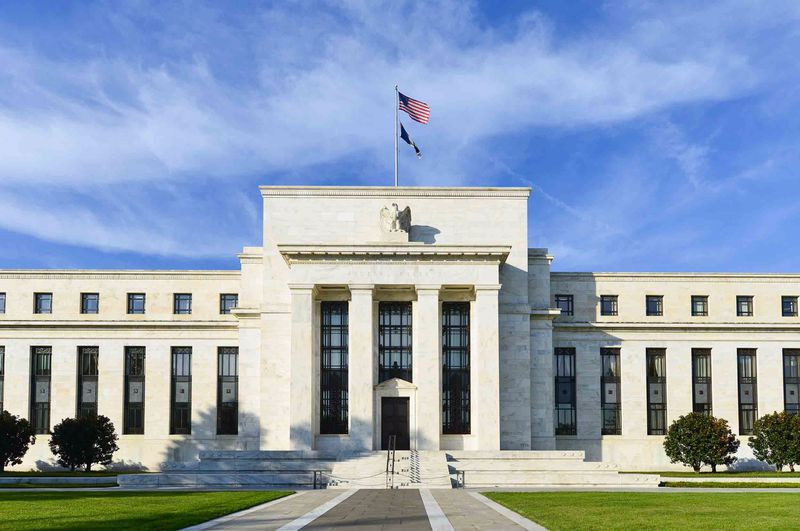
In the absence of a significant decrease in inflation indicators, the Fed may change course no sooner than in a few months.
"The initial monetary tightening we have seen so far has been aimed at achieving a positive real federal funds rate in early 2023," TD Securities strategists said, referring to inflation-adjusted rates.
"In our view, instead of a reversal, the Fed is signaling that they are envisioning a transition from bootstrapping before December to a more measured pace of rate hikes since then," TD Securities said.
"There is a feeling that it is too early to announce that all is well for the stock markets now. The Fed may well push real rates even deeper into capping territory, which means we view the current dollar decline as corrective," ING said.
The USD index on Wednesday sets new multi-week lows in the area below 110.00.
Further, the dollar bears may aim at the eight-month support line in the 108.40 area, near which the 100-day moving average passes. If this zone is broken, downward pressure on the dollar will increase.
In the longer term, the greenback is expected to remain constructive as long as it is above the 200-day moving average at 103.90.
Wells Fargo economists expect the dollar to rise further, predicting a peak in the first quarter of 2023.
"Our view remains in favor of further USD gains, with the USD expected to peak cyclically in the first quarter of 2023. The relative resilience of the US economy and the Fed's continued rate hike, coupled with volatility in global markets, are factors that should push the US currency up another 4% or so over the next three to six months," they said.
It's too early to expect a sustainable EUR/USD reversal, analysts at Commerzbank say. They point out that there are still a number of problems that may soon lead to a deterioration in euro sentiment.
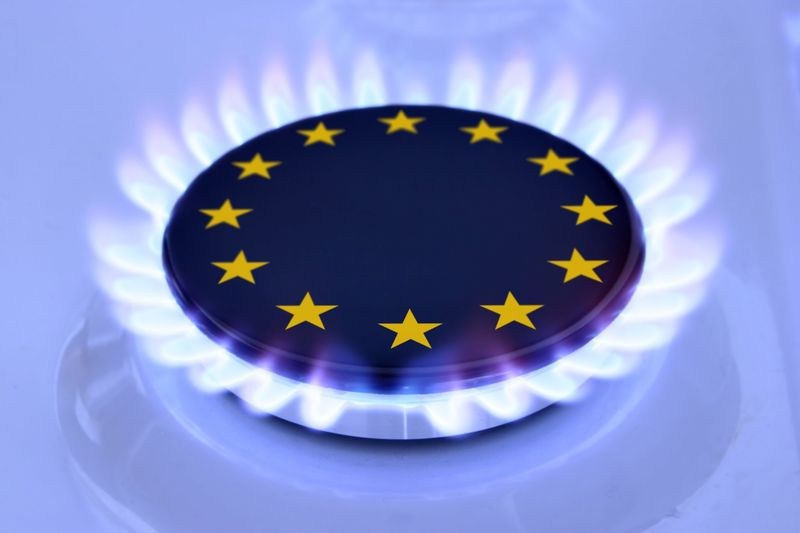
"The eurozone is unlikely to avoid a recession, not least because of the significant increase in energy prices in recent months, which undermined purchasing power. But at least the mild weather means the eurozone can start the winter as well prepared as possible. And a significant drop in energy prices, in particular gas, could bring some relief, at least this month," the bank's strategists said.
"It is still too early to expect a sustained reversal in EUR/USD. Just yesterday, the head of the IEA, Fatih Birol, warned that there was no light at the end of the tunnel regarding gas supplies. He noted that in the event of an economic recovery in China, global LNG supplies could soon become more stringent, which will become a problem for Europe, which will have to replace Russian gas imports in the winter," they added.
The EUR/USD rate returned above parity, however, there is a possibility that this movement may be short-lived, Rabobank specialists say.
"Structurally higher post-pandemic inflation rates may imply higher U.S. rates over a longer period. This could mean that the dollar's relative strength may persist for some time even as it retreats from its highs. In addition, we see a high risk that the market is not fully quoting the economic impact of the European energy crisis," they said.
"The German economic institute IFO warned that Germany is headed for a recession and predicted that the country's economy will contract by 0.6% in the 4th quarter. This raises the question of how long the ECB will be able to maintain a policy of significant rate hikes. Eurozone borrowing costs are expected to rise by 75 bps by the end of this week. The central bank may then be forced to slow down the pace of rate hikes. We continue to see opportunities for EUR/USD to fall to 0.9500 during the winter months," Rabobank said.
So far, the EUR/USD pair is preparing to register the fifth daily consecutive increase, trading above the parity level. The next target for the bulls could be the 10-day moving average at 1.0090. Above this mark, resistance is located at 1.0130.
On the other hand, a break below 0.9990 would ease bullish pressure and open the doors for a downside first to 0.9905 and then to the 20-day MA at 0.9825.





















